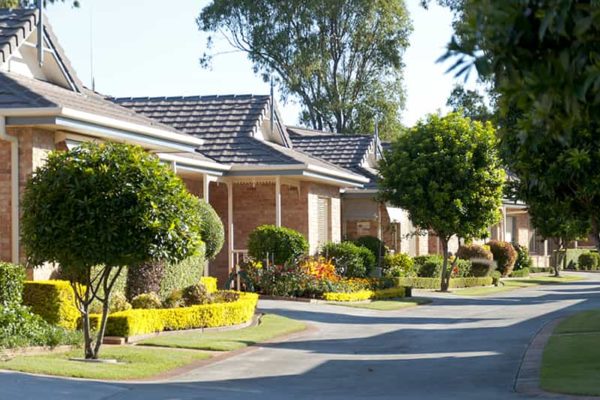Although dementia mainly affects older people, it is not an inevitable consequence of ageing.

As we age, we might start forgetting places, names, appointments and start losing things. Don’t worry, this is normal. However, if memory loss is ongoing and continues to worsen, it might be a sign of dementia.
What is dementia?
Dementia is not a single disease, it’s an overall term – like heart disease – for medical conditions that cause loss of memory, language, problem-solving and other thinking abilities that are severe enough to interfere with daily life.
There are over 100 different diseases that may cause dementia, the most common of these include:
- Alzheimer’s disease
- Vascular dementia
- Lewy Body disease
- Frontotemporal dementia
- Alcohol related dementia.
Can dementia be prevented?
Unfortunately dementia cannot be prevented and there is no known cure, however research suggests that by adopting a healthy lifestyle and keeping your brain active, you may be able to reduce your risk of getting dementia and/ or delay the onset of dementia.
How to reduce your risk of developing dementia?
When it comes to dementia, there are some things that you cannot control, like getting older, genetics or your family history. But, by changing your health and lifestyle habits and looking after your heart, body and mind, you may reduce your risk of developing dementia or delay the onset of symptoms.
5 tips for keeping your brain healthy and active
1. Boost mental activity

Your brain is similar to a muscle. For it to work, you need to exercise it frequently. There are many activities you can do to keep your brain sharp and active. Some examples include reading, crossword puzzles, woodwork, cooking and using technology. Why not try out a new hobby?!
Retirement villages are a hub of social activity and can satisfy whatever it is that sparks your interest, so it shouldn’t be hard to find a new hobby to try.
Tip: Choose a variety of activities and do them regularly.
2. Exercise regularly

Exercise not only makes you feel good but it also increases blood flow to the brain, helping to improve your memory and brain function. Regular exercise may even help you sleep better.
“Exercise totally improved my quality of life. If I didn’t do it, I wouldn’t be where I am today.” Marty, resident at Wellington Manor.
Tip: Aim for 30 minutes of exercise each day.
3. Eat well

Did you know your brain needs a range of nutrients to function? Eating a well-balanced diet can improve your concentration and also help prevent a wide variety of health conditions.
Selected RetireAustralia villages provide freshly prepared meals as part of our care offering. Our chefs work hard to deliver balanced and delicious food that meets the nutritional requirements for older Australians, making it easy to eat well.
Tip: Include plenty of fresh fruit and vegetables, nuts and fish in your diet.
4. Plenty of rest
Sleep is important for brain health. It helps to keep you feeling fresh, it restores clarity, improves memory, and reduces stress. To help create a good sleep environment, avoid having a TV in your room and avoid unnecessary lights such as an electronic alarm clock.
Tip: Aim for 7-8 hours of interrupted sleep each night.
5. Participate in social activity

Social interaction helps to improve our wellbeing and reduce feelings of loneliness or depression. It may also assist in reducing the risk of cognitive decline. Therefore, it is important to seek out meaningful opportunities to connect with others.
A major feature of retirement village living in Australia is the sense of community, with residents creating an informal support network and social groups, providing ample opportunity to connect with a like-minded community.
Tip: To connect with others, consider saying hello to your neighbours, calling family or friends or join a social group or activity that you enjoy.
When you should be concerned?
When changes in memory or thinking regularly affect daily life, you may need further support. Changes might include:
- trouble remembering the day and date
- trouble remembering recent events
- problems handling financial matters
- difficulty following and joining conversations, particularly in groups
- losing interest in activities you usually enjoy.
What do you do if you are concerned?
RetireAustralia’s Regional Care Manager for SA, Lisa Wood, says family and friends often notice subtle changes in their loved ones several years before a formal diagnosis. These changes could include having trouble finding the right words, forgetting familiar names and objects difficulties in their ability to undertake everyday tasks.
If you, or someone you know, are frequently experiencing changes in memory or thinking that affect daily life, we recommend that you check in with your doctor.
After more information?
For more information on dementia and keeping your mind healthy and active, visit the Dementia Australia website.
Looking for a community that’ll keep your brain healthy and active?
Find your nearest community






